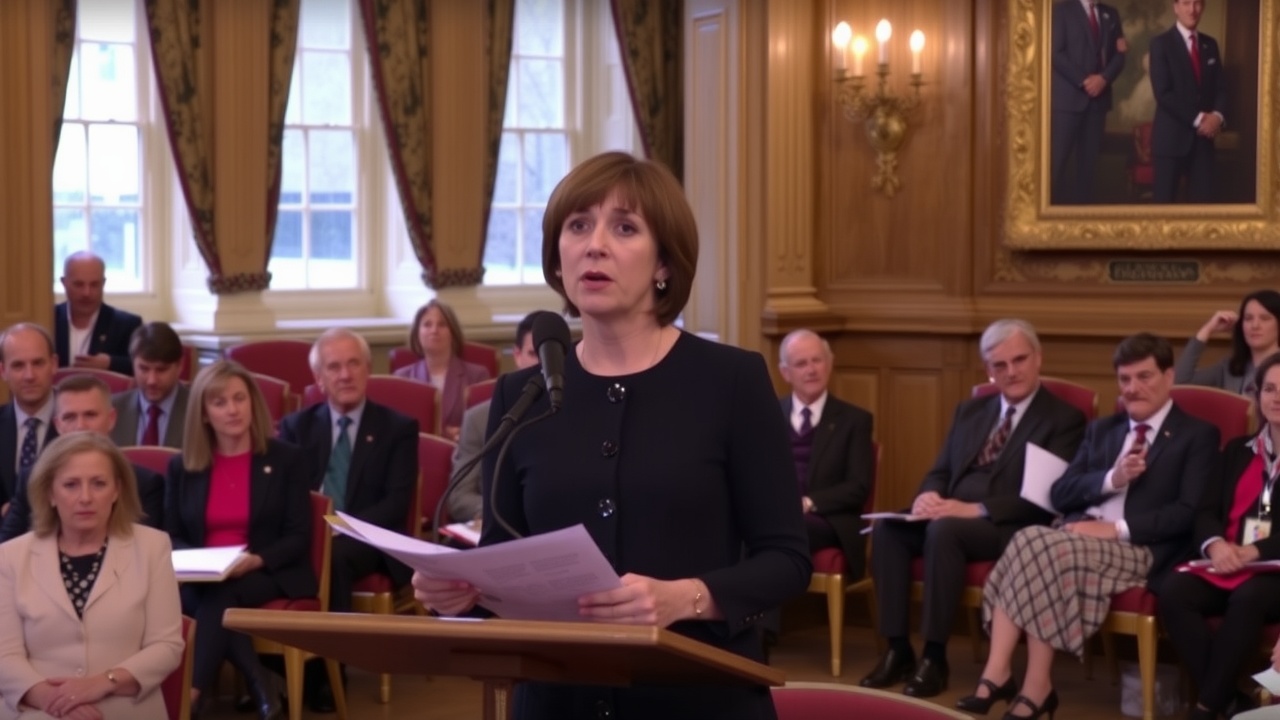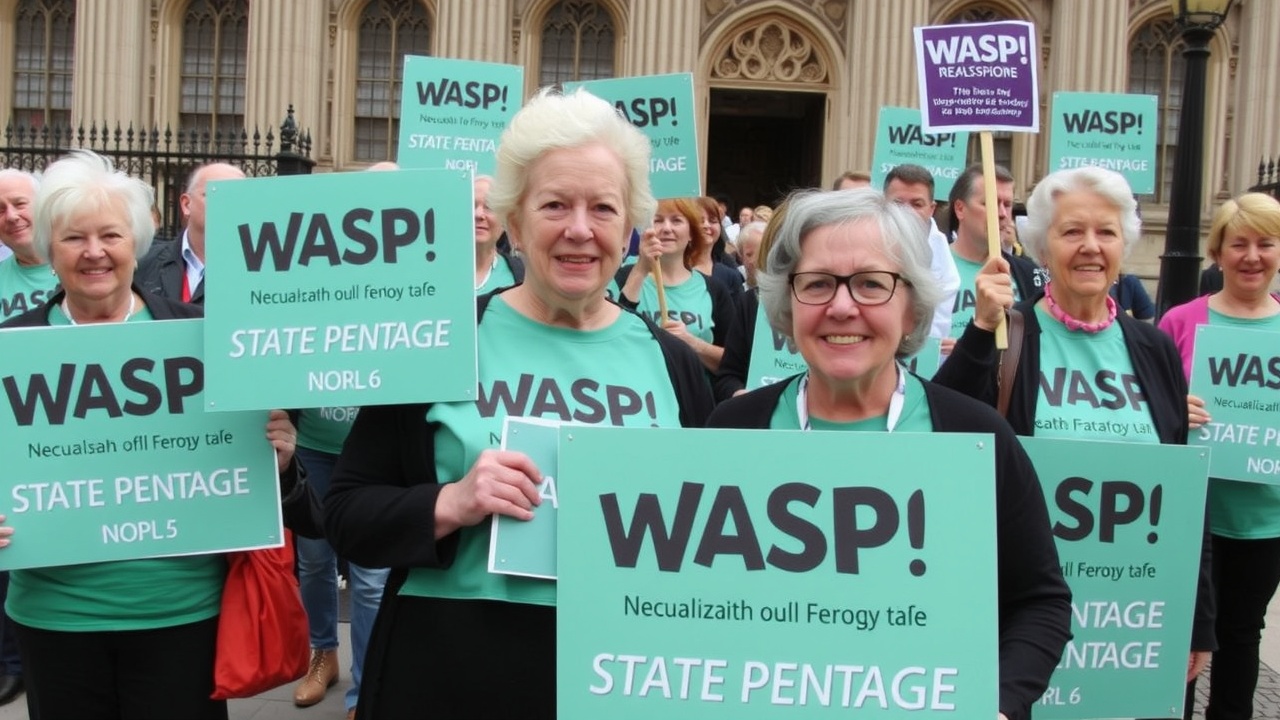
On July 15, Chancellor Rachel Reeves will give her next speech at Mansion House
We examine potential announcements and their potential financial impact.
It is anticipated that the chancellor will introduce the government's long-awaited pensions adequacy review in her second speech at Mansion House on July 15.
The Financial Times reported that the shake-up might include a review of pension contribution rates in an attempt to increase savers' retirement funds.
Experts believe that the current minimum contribution required by auto-enrollment ruleswhich is 8% of employees' eligible earnings with 3% from employersis insufficient for a comfortable retirement.
The state pension and retirement savings among independent contractors are anticipated to be the main topics of the review, in addition to workplace pensions.
Although the exact timeline is unknown, pensions minister Torsten Bell stated that auto-enrollment rates would not increase this Parliament, indicating that any changes might occur in the future.
The state pension triple lock is safe for the foreseeable future because the government has already pledged to keep it in place this Parliament.
Regarding the reported policies, the Treasury declined to comment.
A Mansion House Speech: What Is It?
The chancellor gives the Mansion House speech once a year. Reeves gave her inaugural speech on November 14 of last year.
At London's Mansion House, the official residence of the Lord Mayor of the City of London, the speech is given. Traditionally, it has been presented at the Annual Financial and Professional Services Dinner to a room full of senior bankers and business executives.
The speech is frequently used to lay out plans for the industry's future and is closely watched for hints about the government's next regulatory actions.
Plans to combine the 86 local government pension plans in the UK into more effective megafunds were announced by Reeves last year.
She also discussed the need to address a culture of excessive risk aversion and, following the speech, wrote to regulators to make sure that their mandates placed more emphasis on promoting economic growth.
In his speech at Mansion House in 2025, what might Reeves announce?
The Mansion House speech this year may focus heavily on the pensions adequacy review.
Since winning the election, the government has placed a lot of emphasis on pensions, and Reeves wants to increase savers' preparedness for retirement while simultaneously leveraging pensions as a catalyst for economic expansion.
There has already been a review of pension investments, which ended earlier this year. The review's main goals were to increase investment in productive assets like infrastructure and private equity and address market fragmentation in the pensions sector.
In an effort to address systemic problems that result in millions of people not saving enough for retirement, the government will next focus on retirement adequacy.
The 15th of July may also be ISAs. In an effort to encourage savers to invest in the stock market, reports indicate that Reeves intends to reduce the cash ISA annual allowance, possibly as low as 4,000 or 5,000. It is anticipated that the overall ISA allowance will stay at £20,000.
It has been openly expressed by critics that the change may not have the intended impact.
The head of personal finance at the savings and investment app Moneybox, Brian Byrnes, stated that merely reducing the tax-free allowance on cash ISAs would not necessarily result in equal inflows into investing products.
Risk aversion is one of the many reasons why people choose cash ISAs over stocks and shares, and limiting the amount of money these savers can invest in the cash ISA is unlikely to alter their perspective.
In his speech this year at Mansion House, Reeves will also outline the government's strategy for financial services growth and competitiveness.
At a conference in April, Reeves informed industry participants that this would entail "building on our strengths in areas including capital markets, insurance, and asset management."
Additionally, "supporting firms to innovate by ensuring they can access and develop the talent they need, and promoting the UK as a great place to do business globally" will be highlighted in the strategy.














Leave a comment on: Why does the Mansion House speech matter to you, and what is it?